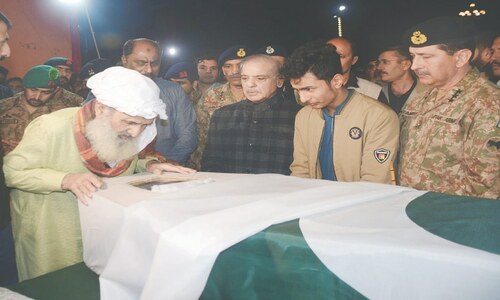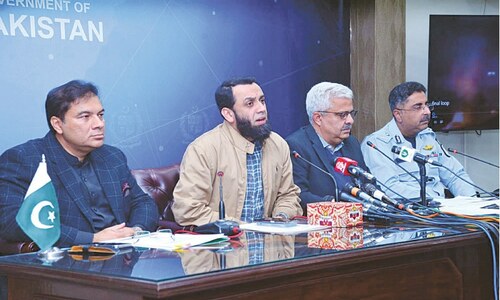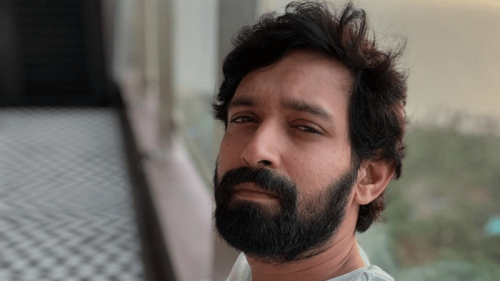KOLKATA, Aug 24: Thousands of protesters surrounded on Sunday a factory producing what is billed as the world’s cheapest car, the Nano, in the biggest demonstration yet against seizure of farmland for industry in India.
Enthusiasm for the Tata Motor’s $2,380 snub-nosed “people’s car” has been dampened by months of protests by farmers refusing to give their land for the project, now hobbled by cost overruns. The car’s planned October launch is also threatened.
Waving flags and shouting slogans, thousands of villagers and activists gathered at the factory site in Singur, an hour’s drive from Kolkata, the capital of West Bengal.
Many protesters arrived in trucks and rickshaw taxis. Some sat in rows of makeshift stages built along an expressway leading to Singur, a verdant countryside of paddy fields and small houses.
“We have gathered today to get back our land. Money cannot compensate our loss,” said Kajal Das, wife of a farmer who lost land to the project.
Thousands of armed policemen guarded the factory. Water canons were on standby.
The protests that the Nano factory faces reflect a larger standoff between industry in India and farmers unwilling to part with land in a country where two-thirds of the billion-plus population depend on agriculture.
For Tata Motors, India’s top vehicle maker, trouble started after the state’s communist government took over farmland for the factory. The state offered compensation in return, but some villagers complained they did not receive their dues.
Others refused to obey the state and are declining compensation, many of them farmers with smaller land holdings. In all, around 400 acres of seized land are still being fiercely disputed out of about 1,000 acres acquired by the government.
The crisis offered political capital to the state’s main opposition Trinamool Congress which has led the protests, and its chief Mamata Banerjee says she could negotiate if Tata returned the disputed 400 acres.
Tata Motors head Ratan Tata has threatened to move the plant if violent protests continued, despite having invested $350 million in the project, seen as a test of the communist government’s resolve to industrialise.
A desperate West Bengal Chief Minister Buddhadeb Bhattacharjee said on Saturday they were working on an “alternative rehabilitation package” for those who lost land.
But in Singur, where the communists were routed in village council polls in May, anger boils over. Protesters occasionally try to stop work at the factory and fight with workers. The crisis has drawn leading Indian social activists to Singur who say they want to show solidarity with the villagers.—Reuters














































Dear visitor, the comments section is undergoing an overhaul and will return soon.